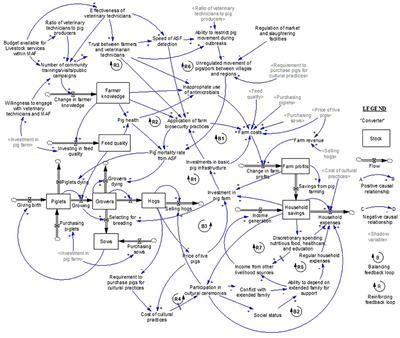EDITORIAL
Published on 26 Apr 2022
Editorial: African Swine Fever in Smallholder and Traditional Pig Farming Systems: Research, Challenges and Solutions
doi 10.3389/fvets.2022.878928
- 2,286 views
18k
Total downloads
149k
Total views and downloads
EDITORIAL
Published on 26 Apr 2022
ORIGINAL RESEARCH
Published on 10 Feb 2022

ORIGINAL RESEARCH
Published on 13 Jan 2022

ORIGINAL RESEARCH
Published on 30 Nov 2021

ORIGINAL RESEARCH
Published on 18 Nov 2021

ORIGINAL RESEARCH
Published on 25 Oct 2021

ORIGINAL RESEARCH
Published on 23 Sep 2021

ORIGINAL RESEARCH
Published on 24 Aug 2021

REVIEW
Published on 02 Aug 2021

ORIGINAL RESEARCH
Published on 30 Jul 2021

ORIGINAL RESEARCH
Published on 28 Jul 2021

ORIGINAL RESEARCH
Published on 21 Jun 2021
